How to repel ants in your home using this 1 natural oil – it's entomologist-approved and non-toxic
According to our pest pro, this all-natural hack works in four out of five homes

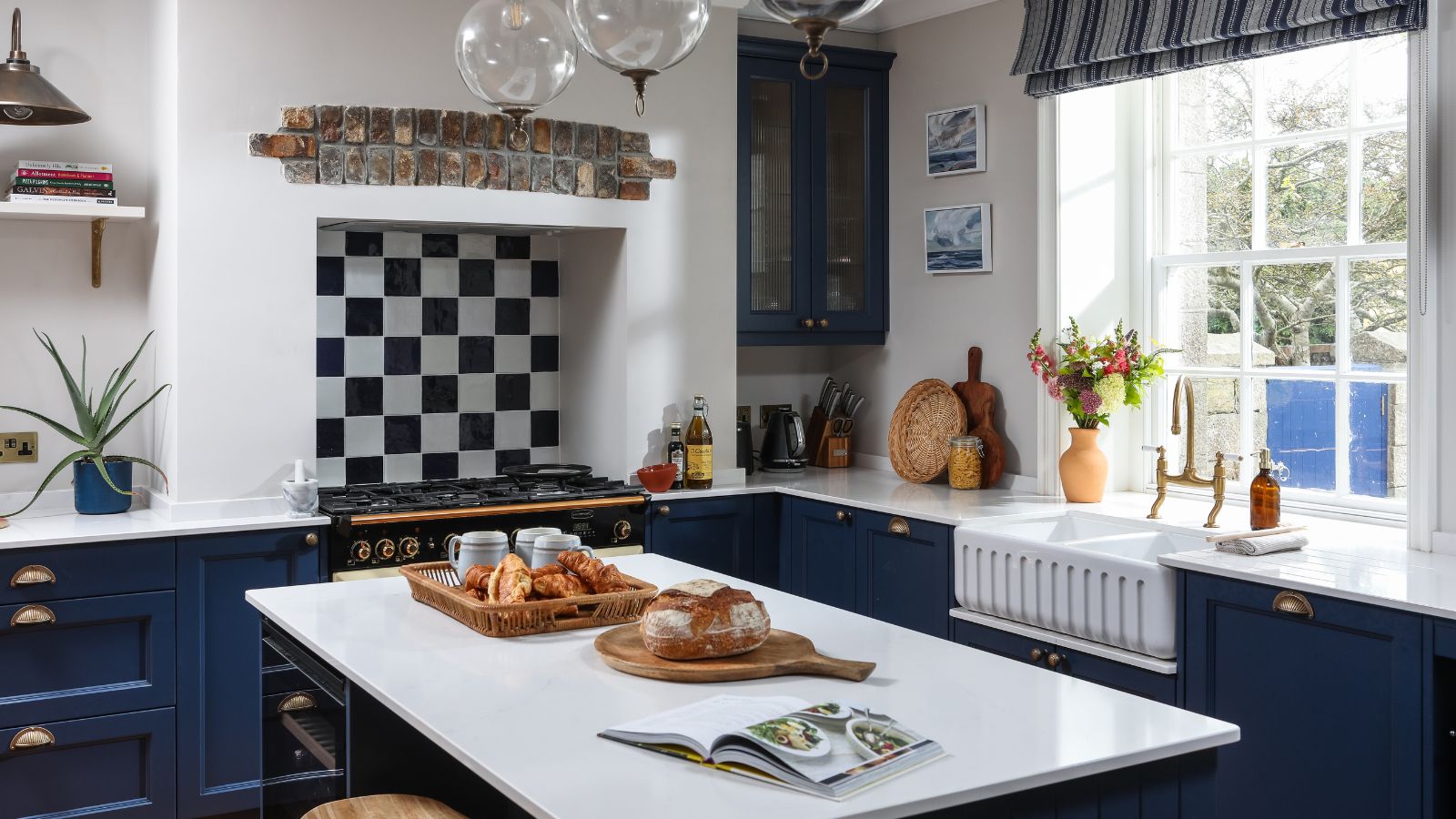
Ant season is well and truly here, and these pesky insects seem to find their way into a home through every single nook and cranny. For most of us, using chemicals to deter them, particularly in the kitchen, is simply not an option. So, how else can they be repelled?
The answer, says our entomologist, lies in all-natural, non-toxic patchouli oil.
Here, he explains everything you need to know about this non-toxic pest control method, including why it works and how to increase its efficacy.
How does patchouli oil work to repel ants?
Ryan Smith, pest control technician and owner of Ant & Garden Organic Pest Control explains why patchouli oil works to get rid of ants in your home.
He says, 'Patchouli oil works to repel ants because it overwhelms the scent trails ants leave behind. These trails act like invisible highways that lead other ants straight to food or shelter.
'When you use patchouli oil, the strong, woody scent interrupts that chemical trail and confuses the colony. I’ve tested this on-site with clients who had recurring ant issues, even after removing all food sources.
'In roughly four out of five homes, patchouli oil disrupted the ants’ activity enough to stop new trails from forming for at least 48 hours.'
Design expertise in your inbox – from inspiring decorating ideas and beautiful celebrity homes to practical gardening advice and shopping round-ups.
Patchouli oil, such as the 100 per cent pure Plant Therapy Patchouli Essential Oil available at Walmart, is also one of the most romantic scents for the home, and therefore a far better option for getting rid of ants in the kitchen and elsewhere than chemical alternatives.
Here's how to use it:
1. Spray method
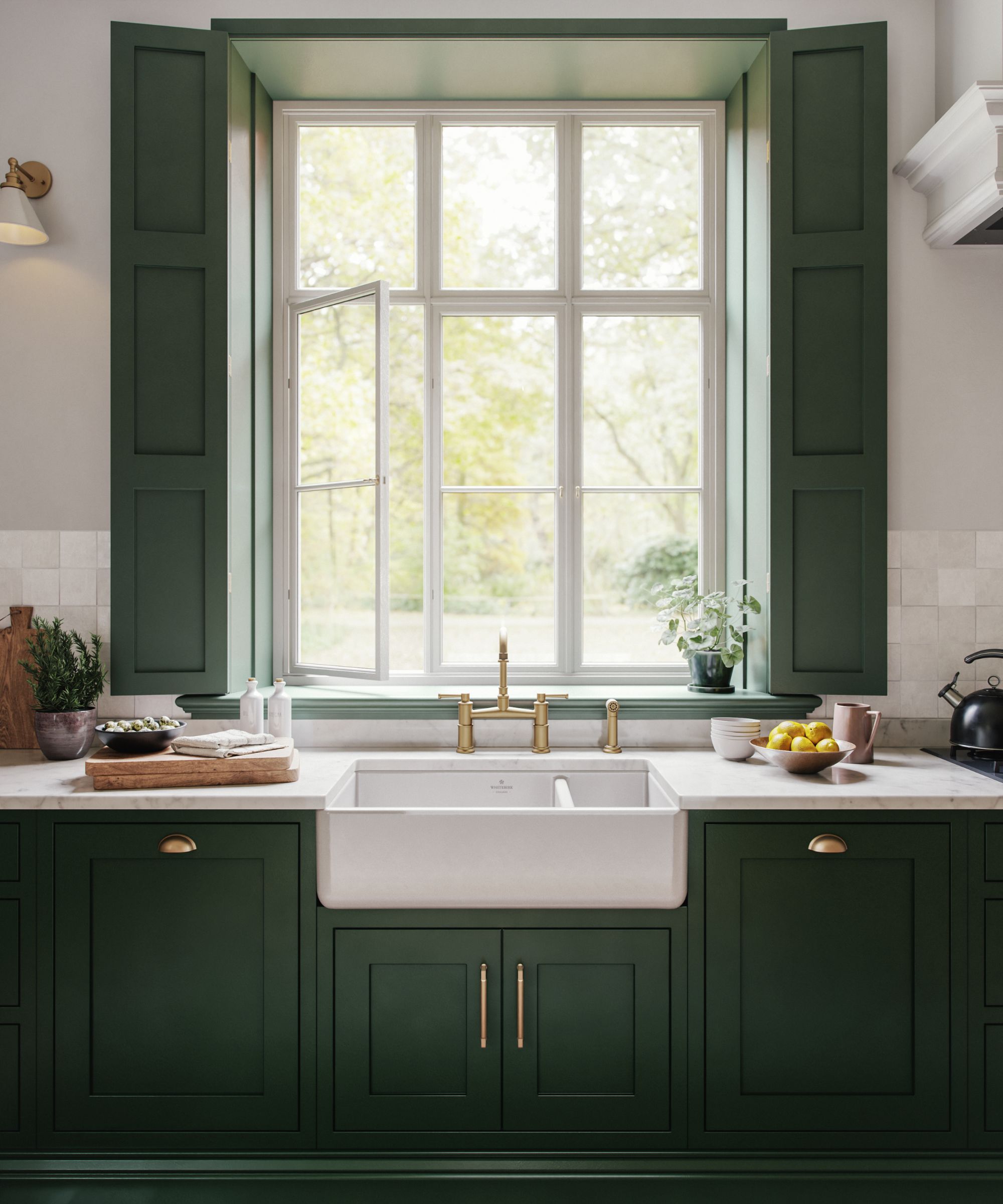
Making a spray solution with patchouli oil to repel ants is quick, easy and simple.
A quick and easy way to use patchouli oil to repel ants is by making a homemade bug spray.
Ryan advises, 'Mix 15 to 20 drops of pure patchouli essential oil [such as the MAJESTIC PURE Patchouli Essential Oil available at Amazon] with one cup of water and 1/2 cup of white vinegar in a 16-ounce spray bottle.' We recommend these Amber Glass Spray Bottles available at Walmart for this.
'Shake it before every use,' he continues. 'Spray it along baseboards, windowsills, under sinks, behind appliances, and wherever you’ve seen ants. Repeat every two to three days.
'In humid environments, daily application might work better until activity stops. I use this mix in homes where chemical sprays aren’t an option due to pets or small children.'
2. Cotton ball placement

Alternatively, use cotton wool balls soaked in patchouli oil to repel ants.
You can also use cotton balls, available at Walmart, to repel ants.
'Place five to 10 drops of patchouli oil on cotton balls,' recommends Ryan. 'Tuck them behind trash bins, inside cupboards, near entry points, or any spot where ants enter.
'I’ve found this method useful for keeping ants away from electrical outlets and under-sink plumbing. Replace the cotton every three days, or once the scent fades. You can combine this with cedarwood or clove oil [available at Amazon] for a stronger scent barrier.'
According to Ryan, combining oils increases the effectiveness of this method by around 30 per cent.
'Ants can adapt if exposed to the same scent for too long,' he explains. 'I usually rotate patchouli with oils like peppermint, clove, or cedarwood weekly to keep the colony from adjusting.
'If you combine oils, reduce each one to five to eight drops in the spray to avoid overwhelming your space.
What to shop
All prices were correct at the time of publication.
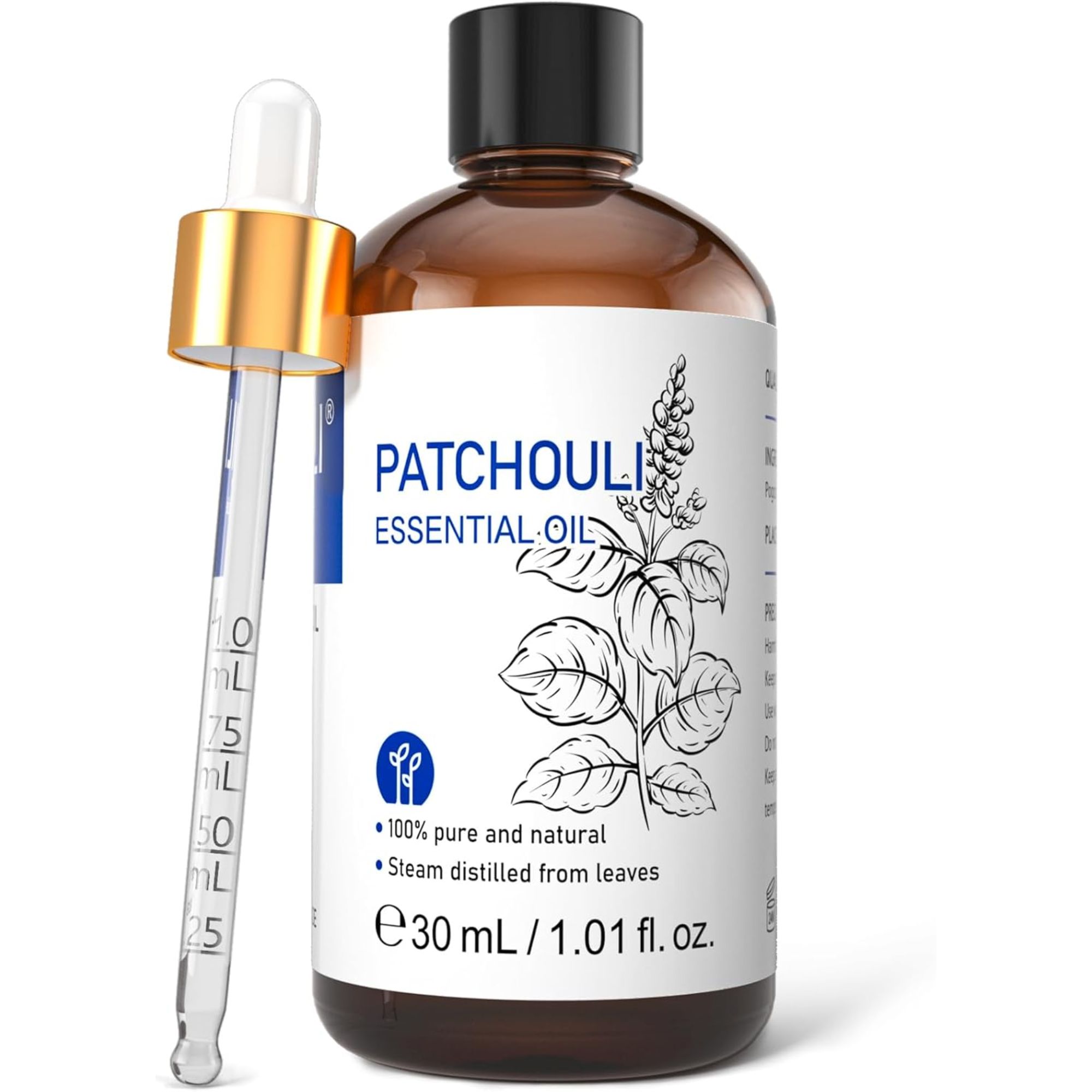
This all-natural essential oil is steam distilled from leaves, with no additives or fillers. It's also unfiltered and undiluted, providing the perfect potency for repelling ants.
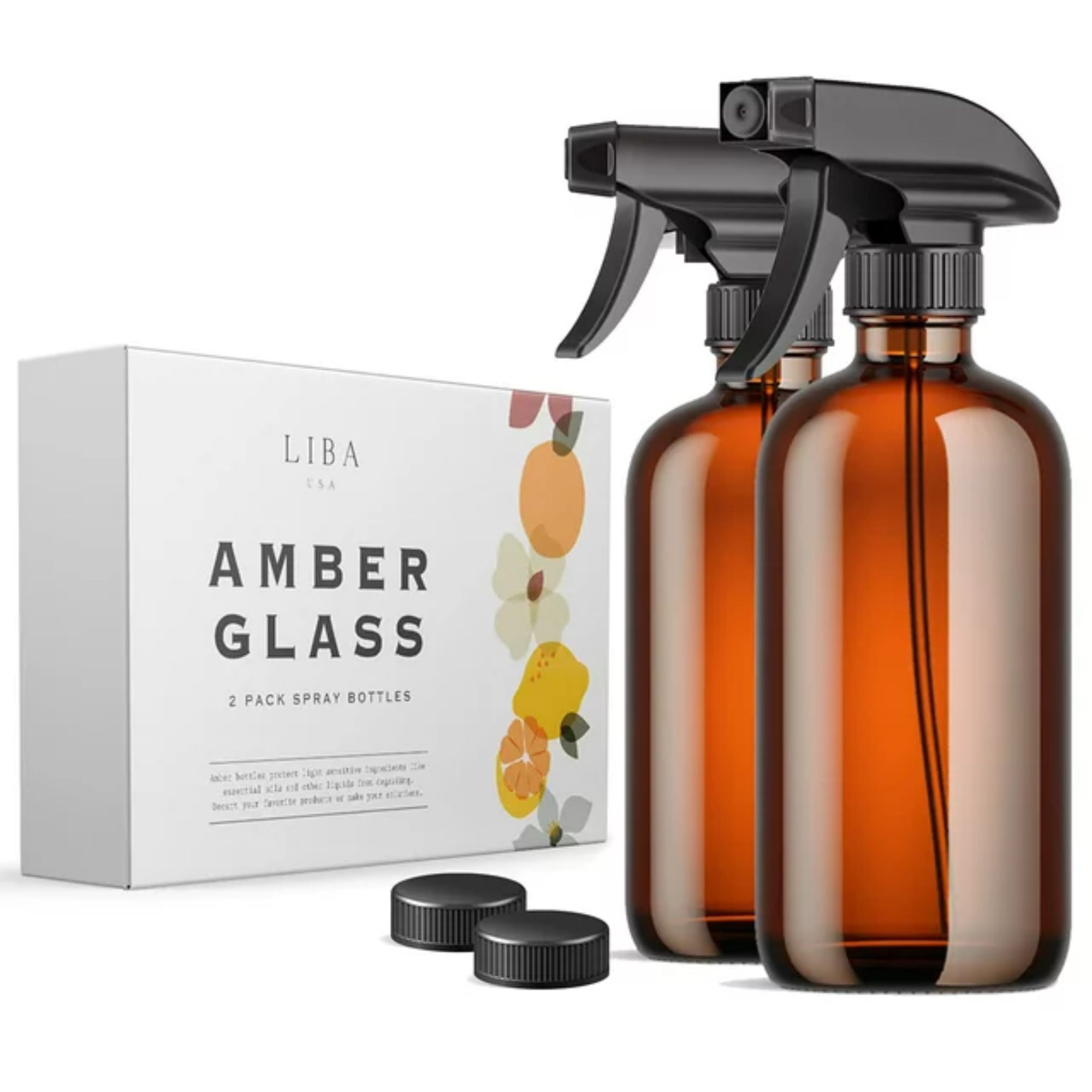
These eco-friendly and refillable glass bottles are ideal for making sprayable solutions, with UV-protection to prevent ingredients from degrading.
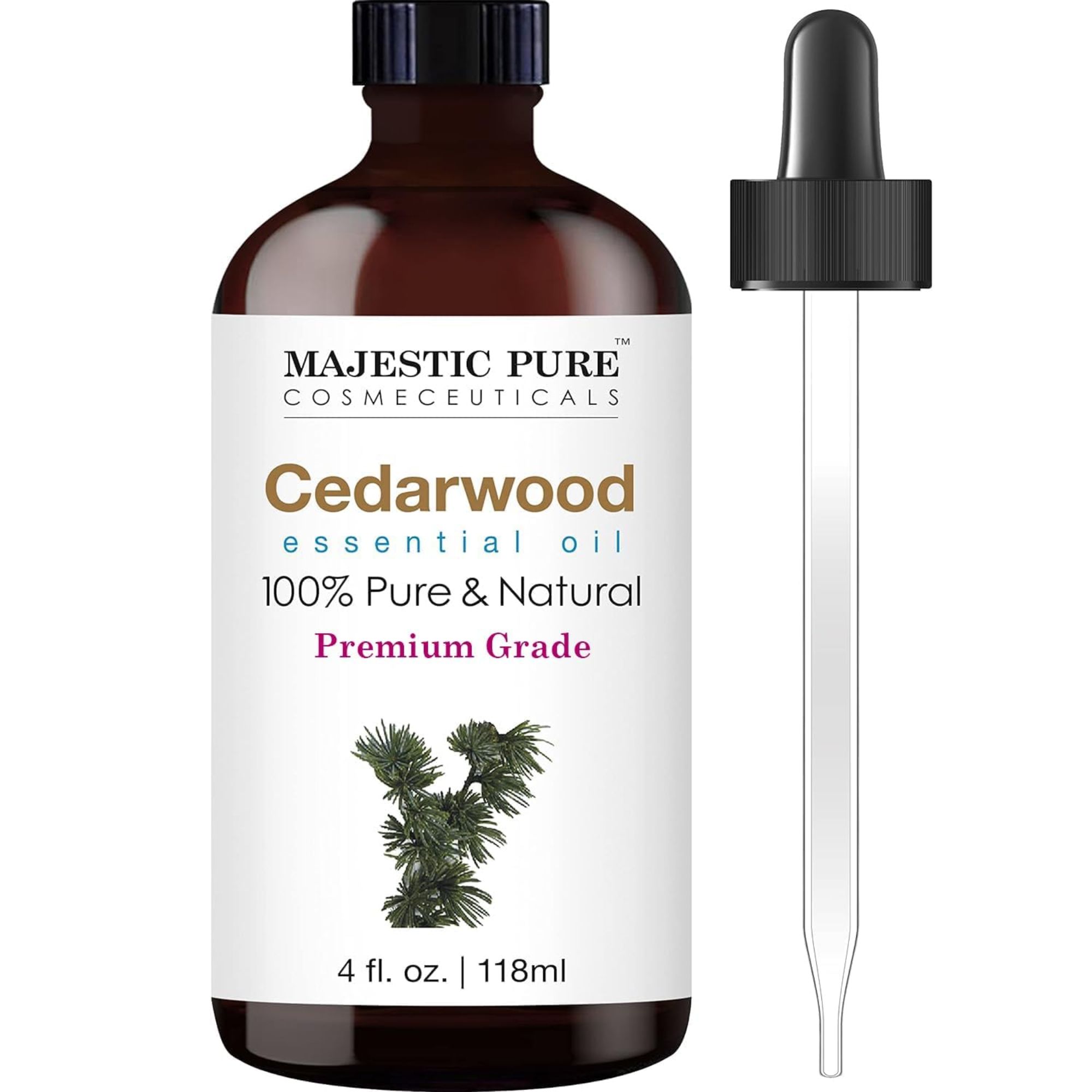
This cedarwood essential oil is comes in an amber glass bottle to protect the oil against sunlight, with a built-in dropper to control the exact amount of oil needed with no waste.
FAQs
What is the best essential oil to repel ants?
While patchouli oil is effective, the best scent for repelling ants is peppermint oil, such as the bestselling Mainstays 100% Pure Peppermint Essential Oil available at Walmart. You can also use peppermint oil to get rid of mice, too.
Meanwhile, clove oil is pungent, and ants hate it. Head of Solved, Punteha van Terheyden found that using plant-powered Dr. Killigan's Six Feet Under insect killer spray from Amazon worked to keep them away for about three days whilst keeping her two cats safe from toxicity.
The natural spray not kill the ant colony, however, so Punteha used Terro ant-killing dust for that, which is a harsher but powerful chemical solution.
Meet our expert

Ryan is a pest control technician and the owner of Ant & Garden Organic Pest Control. He earned his PhD in Organic Science from the University of Oregon and holds seven pest control licenses, more than anyone else in Oregon. He specialize in organic, long-term solutions that are safe for people, crops, and pollinators.
'Avoid patchouli “fragrance oils,” as they are synthetic and don’t effectively repel ants,' advises Ryan. Sticking with pure essential oils will give you the most potency and purity.
Did you know you can also use lemon as a natural repellent for ants, and even get rid of ants in your yard with soap?

Ottilie joined Homes & Gardens in 2024 as the News Writer on Solved, after finishing a Master's in Magazine Journalism at City, University of London. Now, as the Sleep Editor, she spends her days hunting deals and producing content on all things sleep – from mattresses and sheets to protectors and pillows, all of which she tests in her own home. She also has particular expertise in home fragrance, covering everything from candles to reed diffusers.
Previously, she has written for Livingetc and Motorsport Magazine, and also has a Master's degree in English Literature and History of Art from the University of Edinburgh, where she developed a love for inspiring interiors and architecture.